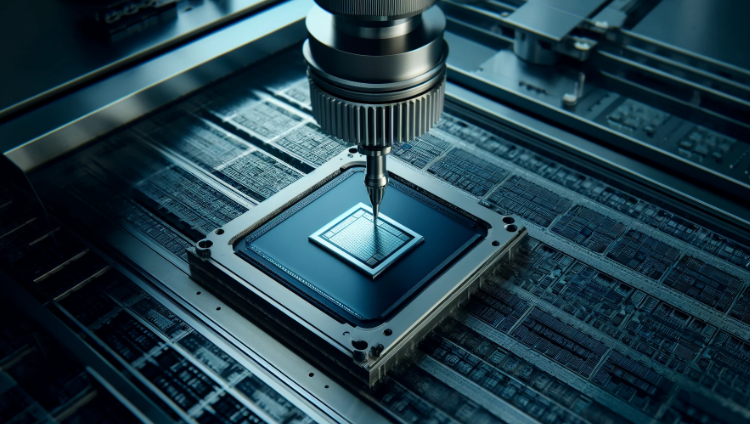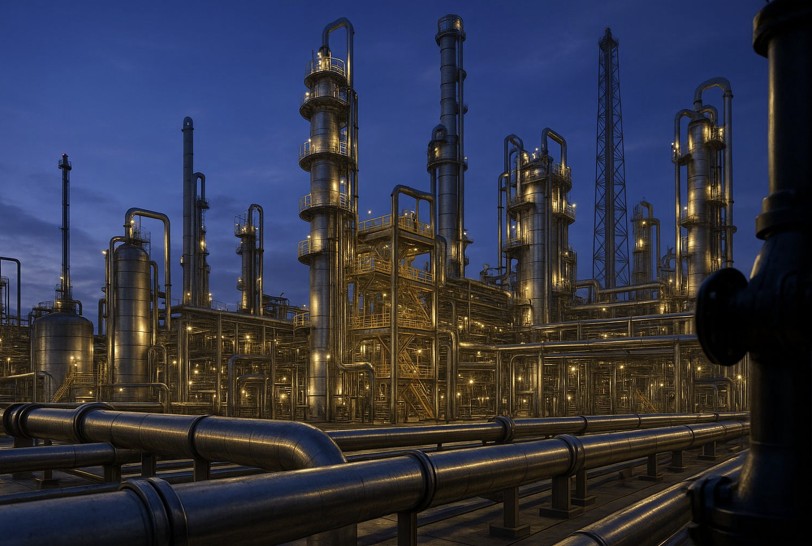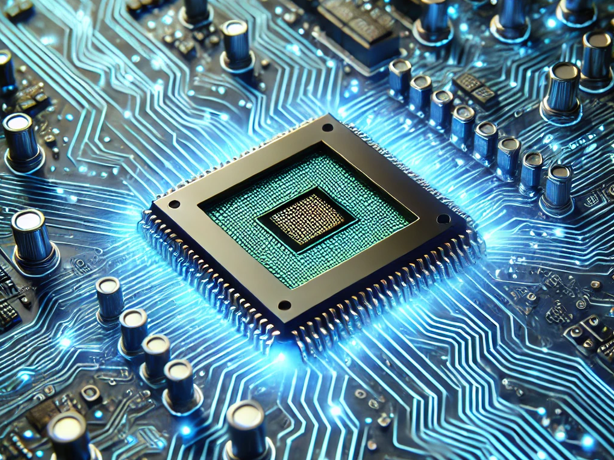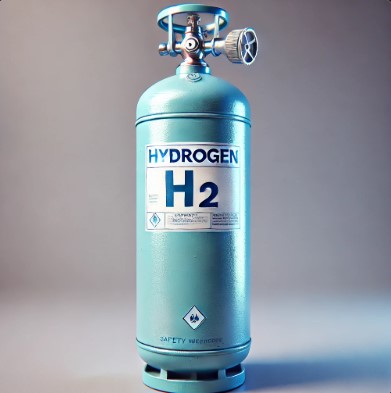Samsung revives P5 Project as AI Demand spurs Investment
Samsung Electronics is reportedly resuming construction of its advanced Pyeongtaek Plant 5 (P5) after a two-year suspension. The renewed push is attributed to recent breakthroughs in high-bandwidth memory (HBM) and next-generation DRAM technologies, along with projected rapid growth in the artificial intelligence (AI) chip sector. These developments are fueling new domestic investment initiatives by the tech giant. Equipment and components involved in chip production usually require KCs certification in order to be approved for import and sale in Korea.

Industry insiders revealed on July 1 that company leadership is in active discussions regarding both construction and capital deployment for the P5 site. Preliminary steps have already begun, with staff assigned to reorganize materials on location. Full-scale deployment of heavy machinery is anticipated as early as October.
Feel free to contact us any time if you need assistance or have any questions regarding Korean certifications like KC, KC EMC, KCs, KCs for explosion safety products or KGS factory registration.
Tel. Europe: +49-69-271 37 69 259
Tel. US: +1 773 654-2673
Email: info@korea-certification.com
For more information you can download our free brochure “Korea Certification Made Easy – The Booklet“.
Korea launches first Large-Scale Ammonia Cracking Project for Hydrogen Mobility
On September 7, the South Korean province of Jeonbuk launched a major demonstration project aimed at producing hydrogen from ammonia, part of a broader effort to build the technological foundation for a clean hydrogen supply and transition the local industry toward carbon neutrality. A memorandum of understanding (MoU) was signed by Jeonbuk Province, the city of Gunsan, the Korea Research Institute of Ships & Ocean Engineering (KRISO), Hyundai Motor, Hyundai Rotem, and the Korea Testing Laboratory (KTL) to develop and operate an ammonia-based hydrogen production system. Scheduled to run from 2025 to 2027 at KRISO’s testing site in Gunsan, the initiative represents Korea’s first large-scale deployment of ammonia cracking technology for mobility-grade hydrogen production. Hydrogen-based systems and components usually require KGS factory approval in order to be approved for import and sale in Korea.

Each partner plays a distinct role in the project: Jeonbuk and Gunsan will handle permitting and administrative support; KRISO will provide the test site and manage ammonia storage and supply infrastructure; Hyundai Motor is tasked with designing and operating the ammonia cracker; Hyundai Rotem will oversee manufacturing, installation, and commissioning of the equipment; and KTL will develop safety guidelines. Ammonia is considered a promising hydrogen carrier due to its higher storage density and ease of liquefaction compared to hydrogen. The project is expected to accelerate the commercialization of ammonia cracking technology and support the development of an integrated clean hydrogen industry in the region.
Feel free to contact us any time if you need assistance or have any questions regarding Korean certifications like KC, KC EMC, KCs, KCs for explosion safety products or KGS factory registration.
Tel. Europe: +49-69-271 37 69 259
Tel. US: +1 773 654-2673
Email: info@korea-certification.com
For more information you can download our free brochure “Korea Certification Made Easy – The Booklet“.
SK hynix expands Chip Packaging Capacity with new Backend Facility in Korea
SK hynix, a global leader in memory chip manufacturing, is preparing to build a new backend production facility to enhance its packaging capabilities amid growing demand for advanced semiconductor technologies. The facility, provisionally named “P&T 7,” will be located in Cheongju, North Chungcheong Province. The company has begun demolishing a former LG plant it had previously acquired on the site, with plans to complete the demolition by September. Machines and products involved in chip production usually require KCs certification in order to be approved for import and sale in Korea.

While a construction timeline for the seventh facility has yet to be finalized, the site is expected to function both as a packaging plant for finished products and as a testing fab. SK hynix currently operates six backend (P&T) buildings across Icheon and Cheongju. The backend process, which includes wafer dicing, chip testing, and packaging, is becoming increasingly vital as traditional semiconductor scaling approaches its physical limits. In this context, advanced packaging technologies are emerging as a critical pathway to achieving improved performance and power efficiency in next-generation chips.
Feel free to contact us any time if you need assistance or have any questions regarding Korean certifications like KC, KC EMC, KCs, KCs for explosion safety products or KGS factory registration.
Tel. Europe: +49-69-271 37 69 259
Tel. US: +1 773 654-2673
Email: info@korea-certification.com
For more information you can download our free brochure “Korea Certification Made Easy – The Booklet“.
Korea announces $600 Million Investment in Hydrogen-Based Steelmaking Technology
Korea has unveiled plans to develop hydrogen-based steelmaking technology by 2030, aiming to strengthen the global competitiveness of its domestic steel industry and advance toward carbon neutrality. Following the completion of a recent feasibility study, the Ministry of Trade, Industry and Energy announced an investment of 814.6 billion won (approximately USD 600 million) over five years to support a demonstration project in partnership with the private sector. The initiative includes constructing a facility capable of producing 300,000 tons of hydrogen-reduced steel and molten iron. Products and components for hydrogen systems like pressure vessels usually require KGS factory registration in order to be approved for import and sale in Korea.

The hydrogen-based steelmaking process, which uses hydrogen gas instead of coal, can reduce carbon emissions by more than 95% compared to traditional methods. Korea intends to apply this technology to electric arc furnaces operated by small and medium-sized enterprises. A key part of the plan involves the utilization of FINEX—a strategic national technology—as an alternative, environmentally friendly method for steel production. FINEX allows direct use of iron ore fines and non-coking coal, offering a viable replacement for conventional blast furnaces. According to the ministry, the demonstration project is expected to position Korea as a leader in low-emission steel production by 2050.
Feel free to contact us any time if you need assistance or have any questions regarding Korean certifications like KC, KC EMC, KCs, KCs for explosion safety products or KGS factory registration.
Tel. Europe: +49-69-271 37 69 259
Tel. US: +1 773 654-2673
Email: info@korea-certification.com For more information you can download our free brochure “Korea Certification Made Easy – The Booklet“.



